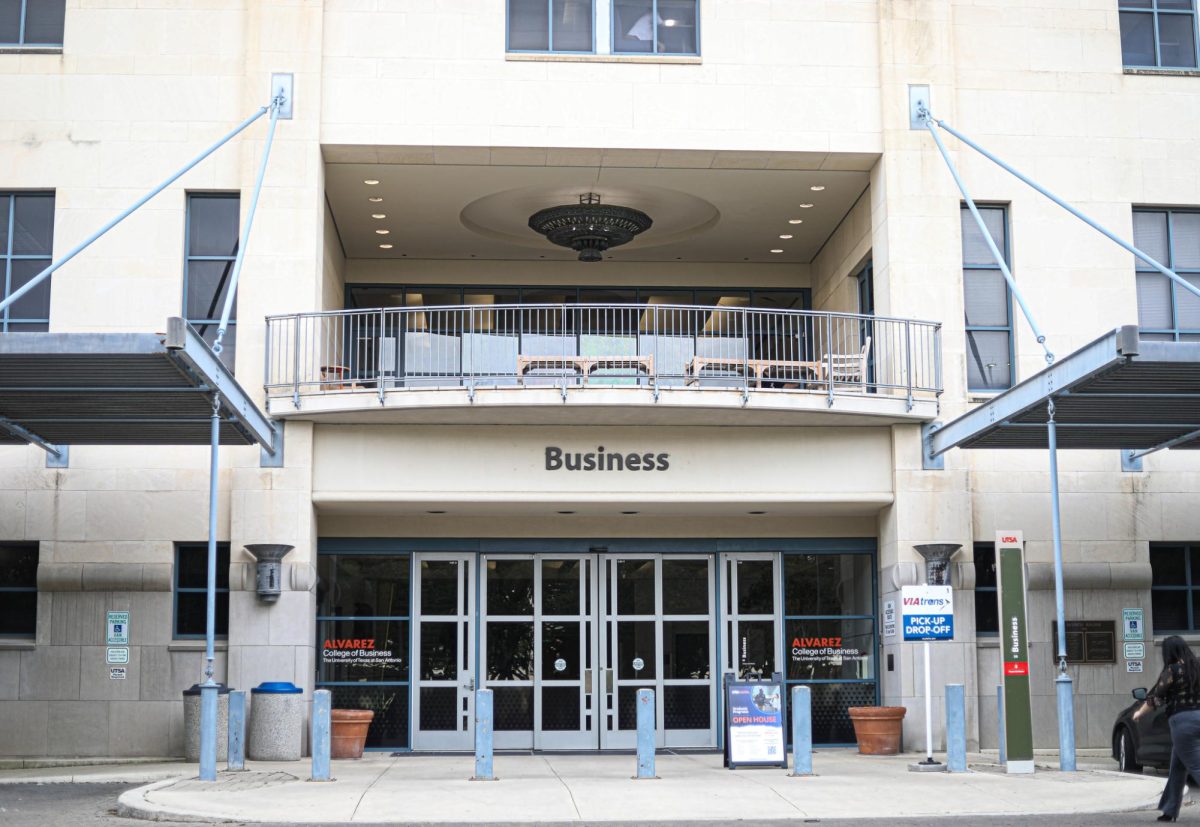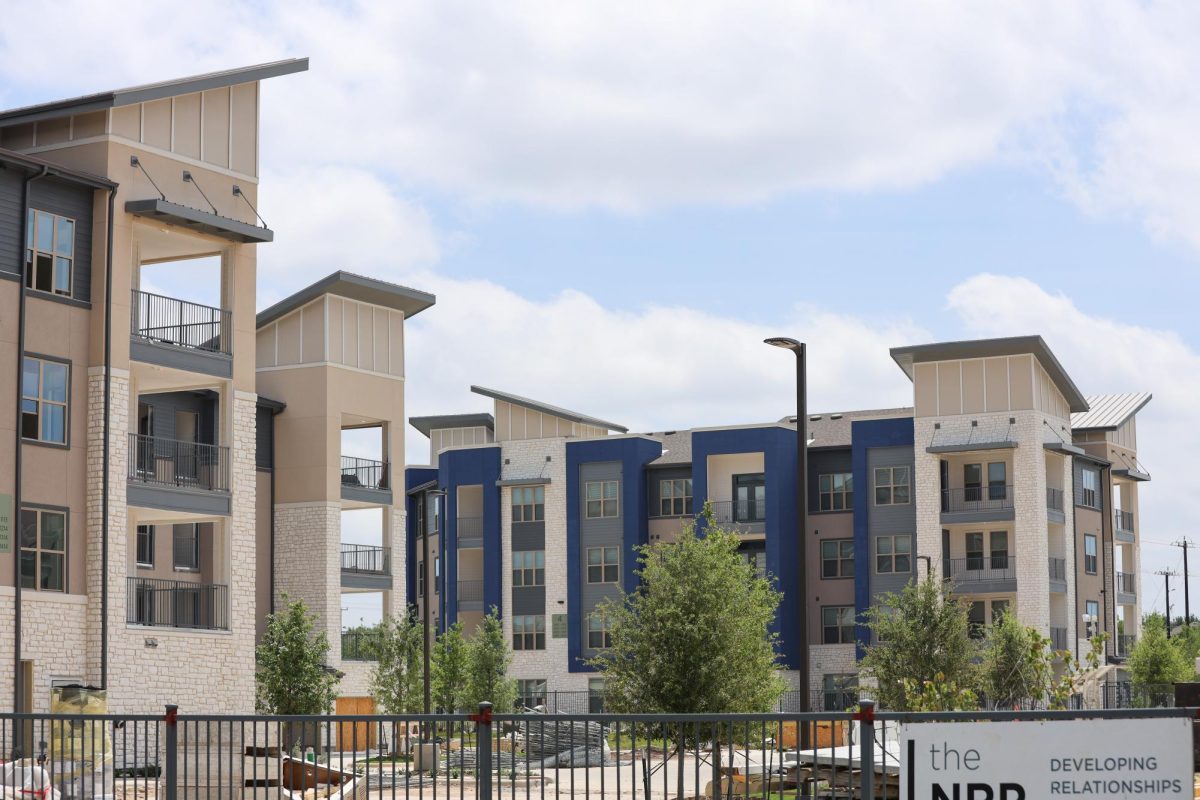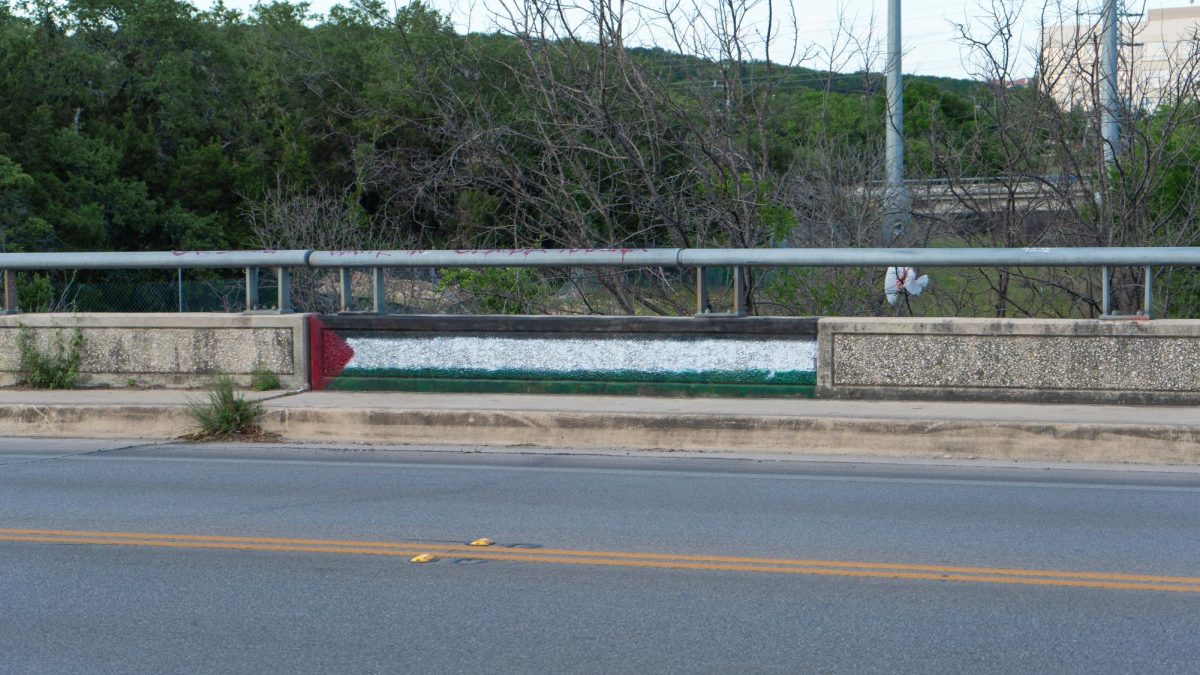_civic_court_project__gallery.jpg)
Courtesy of Drew Galloway
UTSA student Drew Galloway is ensuring democratic participation with a new non-profit, the Civic Court Project (CCP). Galloway, with assistance from UTSA professors Dr. Francine Romero and Dr. Patricia Jaramillo, founded the CCP to facilitate political discussion among communities.
The non-partisan, non-profit organization intends to increase communication between citizens and their government through mock trials that raise awareness about community issues.
“It’s an easy way to find (your) voice,” said Galloway, “because that’s our motto: be heard. We want everyone’s opinion to matter.”
The mock trials are open to the public and will focus on important community issues. The CCP plans on hosting their first mock trial about city council pay at the end of the spring 2014 semester.
During the mock trials, two experts will debate a current issue while citizens can voice their opinion in person or submit their response via a social networking site, such as Twitter or Facebook.
Galloway stressed the importance of having multiple communication outlets so that an accurate representation of community needs are identified. Mock trials will be held in San Antonio’s east, north and south regions to obtain precise information and feedback.
Once mock trials are completed, the information and opinions gathered are assessed and sent to the appropriate legislative body that could make the proposed changes.
“We’re providing data to the community and taking public opinion,” said Galloway. “We’re hoping to see some consensus and say ‘if I put myself in your shoes and you put yourself in my shoes we should be able to at least come a little closer together.’”
Sustaining an organization requires funding. Galloway sought assistance through the Clinton Global Initiative (CGI). Established in 2005, the CGI helps organizations solidify their ideas into a working project. The CGI requires organizations to have a “commitment to an action” or a plan that demonstrates how an organization can address their proposed challenge.
Romero, a cofounder of the CCP, believes the project will spread democracy to the San Antonio community. “This is the kind of thing that can help people internalize the idea that government is not ‘them’ but ‘us.’ Incorporating technology into this effort is an important mechanism for getting young people involved as well.”
For the CCP, that means effectively creating communication methods so citizens can voice their opinion to create desired change, forming a stronger community. “(We’re) trying to affect the number of people who vote and volunteer,” said Galloway, “and who just generally discuss information that revolves around politics, government, community and neighborhoods.”
Specifically, the CCP plans to hold eight or more mock trials from 2014-2015 that focus on local and national issues. Additional goals include passing three CCP sponsored legislative initiatives, expanding the organization across Texas and increasing citizen to government interaction by five percent (two percent increase during primary elections and a three percent increase in general election.)
The CCP has a projected two-year plan to establish a foundation in San Antonio and hope to eventually move to Austin and other smaller cities within the region. For more information on the Civic Court Project, visit civiccourt.org











